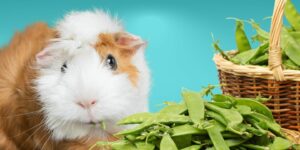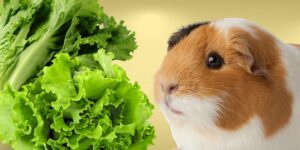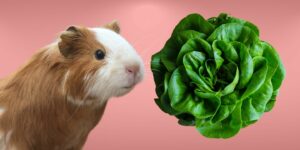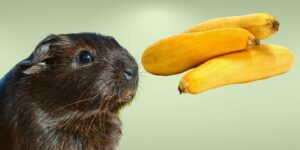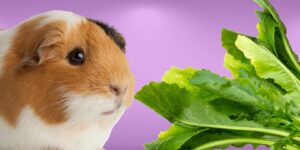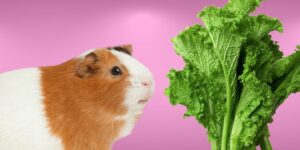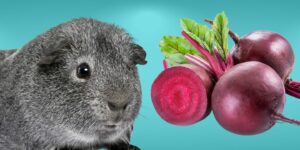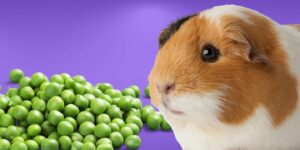Yes, Guinea pigs can eat celery. In fact, celery is a healthy and nutritious food for Guinea pigs to eat as part of a balanced diet.
Introduction to Guinea Pig Diet
Importance of a Balanced Diet
A balanced diet is essential for the overall health and well-being of your Guinea pig. Providing a mix of high-quality pellets, hay, fresh vegetables, and some fruit is crucial for maintaining their health and preventing diseases.
Guinea Pig Dietary Requirements
Guinea pigs require a diet that is high in fiber, low in fat, and includes a variety of essential vitamins and minerals. Fresh hay, like Timothy hay, should make up the majority of their diet, and pellets containing essential nutrients should be provided daily.
Variety of Fresh Vegetables and Fruits
In addition to pellets and hay, adding a variety of fresh vegetables and fruits to their diet will ensure that they receive necessary nutrients, vitamins, and minerals. Popular options include bell peppers, cucumber, parsley, and leafy greens.
Benefits of Feeding Celery to Guinea Pigs
Vitamin C Benefits
Scurvy Prevention
Celery is a good source of vitamin C, which is essential for Guinea pigs as they cannot produce it on their own. Including vitamin C-rich foods in their diet is crucial for preventing scurvy, a condition characterized by weakness, weight loss, and other health problems.
Boost Immune System
Vitamin C also supports the immune system, helping to keep your Guinea pig healthy and more resistant to illnesses.
Vitamin K Benefits
Bone Health
Celery contains vitamin K, which promotes bone health and proper blood clotting.
Vitamin B6 Benefits
Metabolism Support
Vitamin B6, also found in celery, supports your Guinea pig's metabolism and nervous system function.
Folate Benefits
Cell Growth and Function
Folate is essential for proper cell growth and function, and celery is a good source.
Dietary Fiber Benefits
Digestive Health
Celery provides dietary fiber, which is crucial for maintaining a healthy digestive system in your Guinea pig.
Weight Management
Fiber also aids in managing your Guinea pig's weight and preventing obesity.
Potential Risks of Feeding Celery to Guinea Pigs
Overconsumption
Diarrhea and Digestive Issues
Feeding your Guinea pig too much celery can lead to diarrhea and other digestive issues. Limit celery to a small piece per day to avoid overconsumption.
Nutrient Imbalance
Overfeeding celery may also result in nutrient imbalances.
Pesticides and Contaminants
Washing and Preparing Celery
Always wash celery thoroughly before feeding it to your Guinea pig to remove any pesticides or contaminants.
Choking Hazards
Properly Cutting and Serving Celery
Cut celery into small, manageable pieces to reduce the risk of choking.
Alternatives to Celery in Guinea Pig Diet
Besides celery, other options rich in nutrients for your Guinea pig include:
- Bell peppers
- Cucumber
- Parsley
- Carrots
- Leafy greens
Monitoring Your Guinea Pig's Health and Diet
Signs of a Healthy Diet
Monitor your Guinea pig's overall health to ensure their diet is meeting their needs. Healthy signs include a good disposition, shiny coat, clear eyes, and proper weight.
Adjusting Their Diet Based on Age and Health Conditions
As your Guinea pig ages or experiences changes in health, you may need to make adjustments to their diet.
Regular Veterinary Checkups
Regular veterinary checkups can help you identify any issues early on and adjust your Guinea pig's diet accordingly. By providing a balanced diet, including celery in moderation, you can ensure the long-term health and happiness of your Guinea pig.



